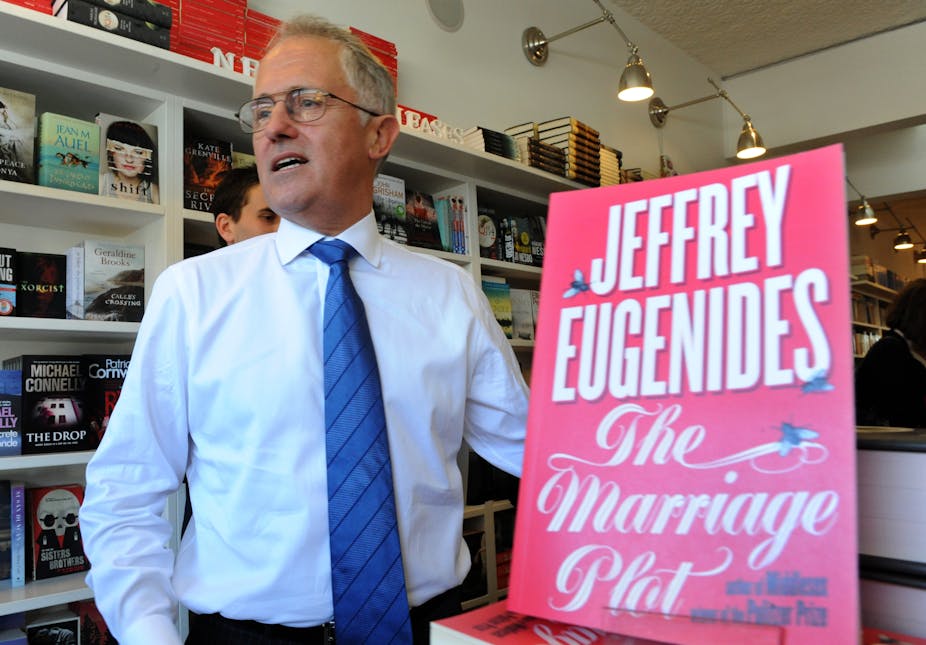Malcolm Turnbull has defended sticking to a same-sex marriage plebiscite he opposed by saying cabinet government requires compromise and the public likes the idea.
During Turnbull’s appearance on the ABC’s Q&A, one questioner said it was an insult for her to be asked to vote for her gay son and nephew to be equal with their siblings.
The woman said the A$160 million funding for the plebiscite would be better spent on addressing depression, alcoholism, drugs and suicide prevention. “Why are you not amending the law within the Marriage Act? It is a parliamentary process. We elect representatives into parliament,” she said, exhorting Turnbull to show leadership.
Turnbull replied: “You make a powerful point very eloquently. From a legal and constitutional point of view, you’re right. Parliament could amend the Marriage Act without the support, without the consultation, of a plebiscite.”
But the commitment was made when Tony Abbott was prime minister, Turnbull said; it was an agreement reached in the Coalition partyroom.
When the woman interjected that he was the prime minister, Turnbull said: “I am the prime minister but I’m not the dictator. Some people like the idea of prime ministers that ignore their colleagues. I don’t agree with that. I’m a strong believer in traditional cabinet government. And that means compromise.
"That means listening to your colleagues. That means being the first among equals and respecting the views of those in your cabinet and in your party room that you may not agree with.”
In an earlier response he said the plebiscite “was not my idea. I’m a traditionalist. I’m a Liberal and in parliamentary terms a conservative. So my preference was to have it dealt with by a free vote in the parliament”. Two-thirds of Australians thought the plebiscite “a fantastic idea”, he said.
He rejected the argument – coming from Bill Shorten among others – that a plebiscite would bring out homophobia. “I have great faith in the decency and the fundamental common sense of Australians. I believe it will be a very civilised discussion. I think if there are people that make outrageous or extreme comments they will only undo their own cause.”
He said that assuming he won the election, the plebiscite would be held as soon as practicable, he would be encouraging people to vote yes and “I’m confident it will be carried”.
Suffering from a heavy cold, Turnbull fielded questions on issues ranging from tax, NBN and health to abortion and suicide; they included one via video from a refugee on Manus Island.
Earlier on Monday ALP campaign spokeswoman Penny Wong dodged questions on what attitude a Labor opposition would take to legislation to set up the plebiscite. Labor strongly opposes a plebiscite, saying if it won government it would quickly bring forward a bill to legalise same-sex marriage.
Wong said the Liberals were trying to get attention away from Turnbull’s capitulation by talking about “what happens after the election on a bill they haven’t even drafted”.

